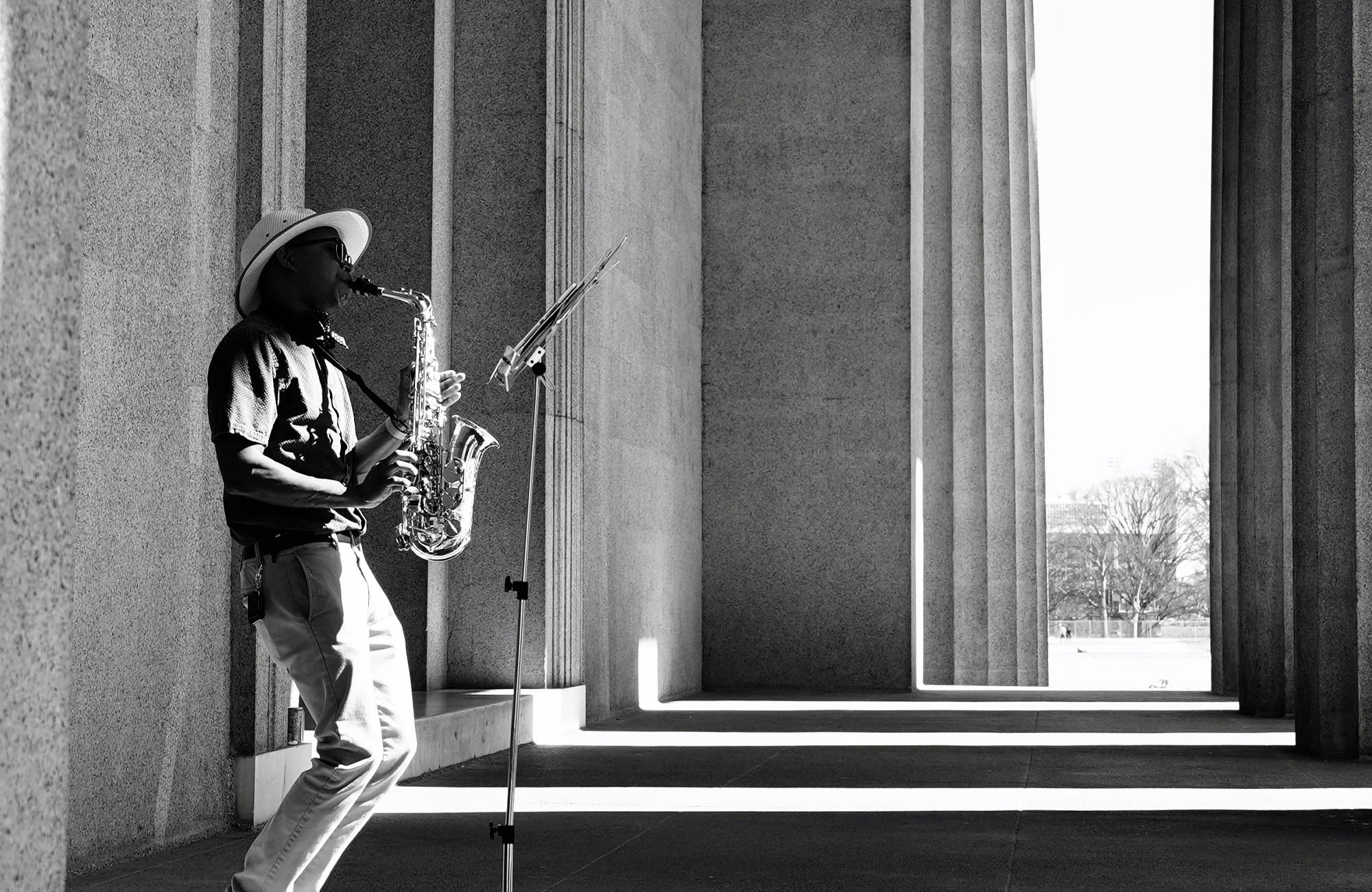
Top 7 Ways How Musicians Can Earn Money
For musicians, the pursuit of a sustainable income can often be as challenging as mastering their craft. However, the digital age has opened up a plethora of opportunities for artists to monetize their talents in unique and innovative ways. In this article, we will explore some of the top ways musicians can earn money and create a thriving career in today’s dynamic music industry.
Live Performances and Concerts:
One of the most traditional yet effective ways for musicians to earn money is through live performances and concerts. Whether it’s playing at local venues, festivals, or even organizing their own shows, performing live allows artists to connect with their audience and generate revenue from ticket sales, merchandise, and even sponsorships. Building a strong and engaging stage presence can lead to increased demand and higher-paying gigs.
Streaming and Digital Platforms:
With the rise of streaming platforms, musicians can now reach a global audience without the need for traditional record deals. Platforms like Spotify, Apple Music, and YouTube enable artists to distribute their music, generate royalties, and gain exposure. By optimizing their streaming strategies, including playlists, collaborations, and promoting their music on social media, musicians can turn streaming revenue into a significant income stream.
Sync Licensing and Placements:
Music has become an integral part of various media forms, including films, TV shows, advertisements, and video games. Artists can earn substantial income through sync licensing, which involves placing their music in these different mediums. By registering with music licensing agencies or exploring opportunities with music supervisors, musicians can explore licensing deals that offer both financial rewards and increased visibility.
Merchandising and Brand Partnerships:
Creating and selling merchandise is an effective way for musicians to connect with fans on a deeper level and generate revenue. T-shirts, hats, posters, and other branded items not only provide additional income but also serve as marketing tools. Collaborating with brands for endorsements, sponsorships, or cross-promotions can also be mutually beneficial, expanding the artist’s reach and providing financial support.
Crowdfunding and Fan Support:
Crowdfunding platforms like Kickstarter, Patreon, and GoFundMe have revolutionized the way musicians fund their projects and engage with their fan base. Artists can offer exclusive content, personalized experiences, and special perks to supporters in exchange for financial contributions. This direct fan support model allows musicians to maintain creative control and build a loyal community that sustains their careers.
Teaching and Workshops:
Sharing musical knowledge and expertise through teaching and conducting workshops is a valuable income stream for musicians. By offering private lessons, group classes, or even online tutorials, artists can tap into their skills and inspire others while generating a steady income. Additionally, hosting workshops or masterclasses can attract aspiring musicians and provide opportunities for networking and collaboration.
Commissions and Grants:
Composing music for films, documentaries, theater productions, or even writing commissioned pieces for individuals or organizations can be financially rewarding for musicians. Seeking grants and funding from arts organizations, government agencies, or foundations can provide financial support for specific projects or career development, enabling artists to focus on their craft without the added financial burden.
Conclusion:
In today’s music industry, musicians have access to diverse revenue streams beyond traditional record deals and album sales. By embracing the power of live performances, streaming platforms, sync licensing, merchandising, crowdfunding, teaching, commissions, and grants, artists can create a multifaceted and sustainable career. The key lies in exploring these opportunities, adapting to new digital trends, building a strong fan base, and leveraging their creativity to maximize their earning potential in the ever-evolving landscape of the music industry.


No Comments